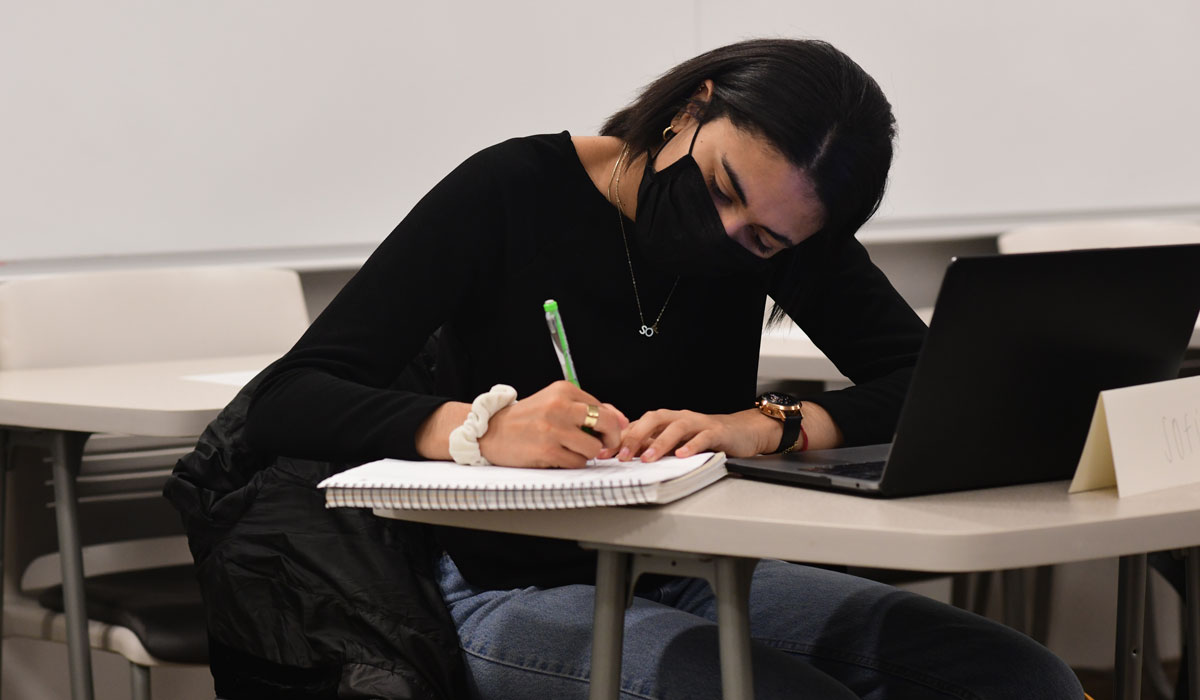Catholic University students choose the theology and religious studies major because they love to wrestle with ultimate questions and learn about how religious traditions inform the answers. For many, their studies are promoted by and in turn nourish their faith lives.
Students are given a broad foundation in theology and religious studies through coursework and comprehensive exams. They are also provided an opportunity for intensive research in an area of their interest through their senior capstone seminar with its research paper.
Curriculum/Program Requirements
The major requirements are the following:
- TRS 202A/TRS 202B: The Church and the Human Person
- TRS 405MJ: Scripture: Inspiration and Interpretation
- TRS 427MJ: Christian Traditions
- TRS 435MJ: Moral Theology: Character and Commandments
- TRS 440MJ: Liturgy and The Christian Life
- TRS 467MJ: Christian Theology
- TRS 485MJ: Ways of Studying Religion
- TRS 497MJ: Capstone Course
- 4 electives
What Our Graduates are Doing
Graduates of the B.A. program in Theology and Religious Studies have had outstanding success in finding desired jobs upon graduation, in a variety of theology-related and some non-theology related fields.
-
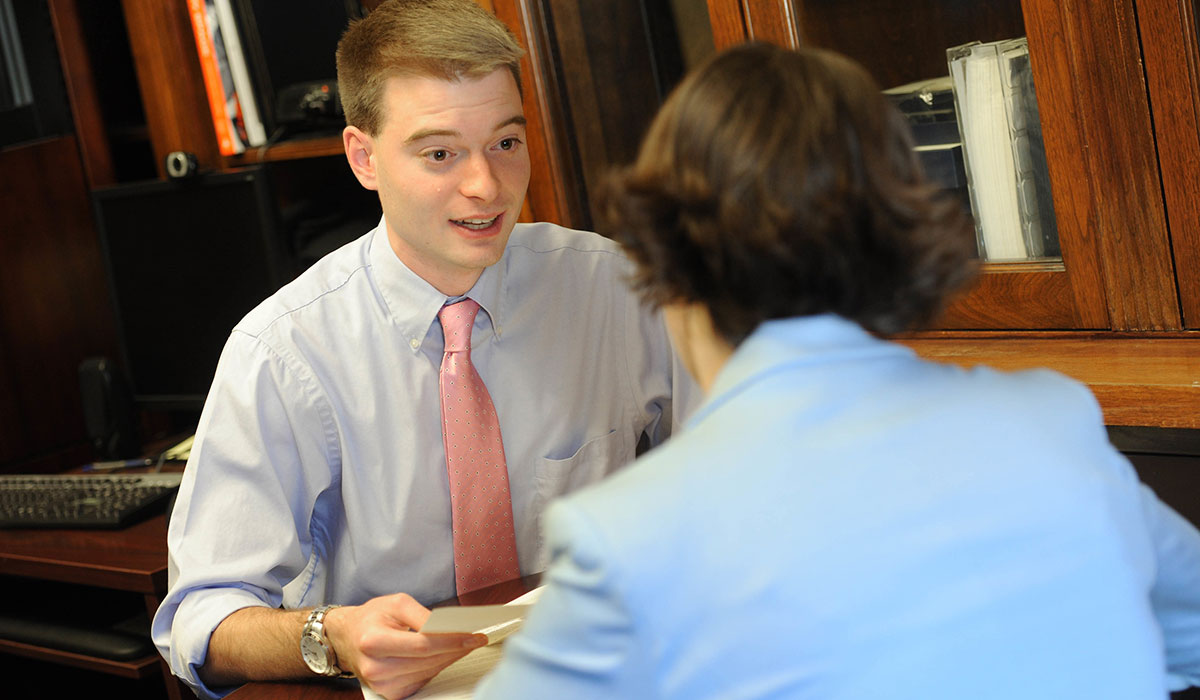
Career Outlook
Our graduates can be found working in every area of Catholic life: parishes, dioceses, universities, schools, and on mission. Explore the many possibilities of where your degree can take you.
Learn More -
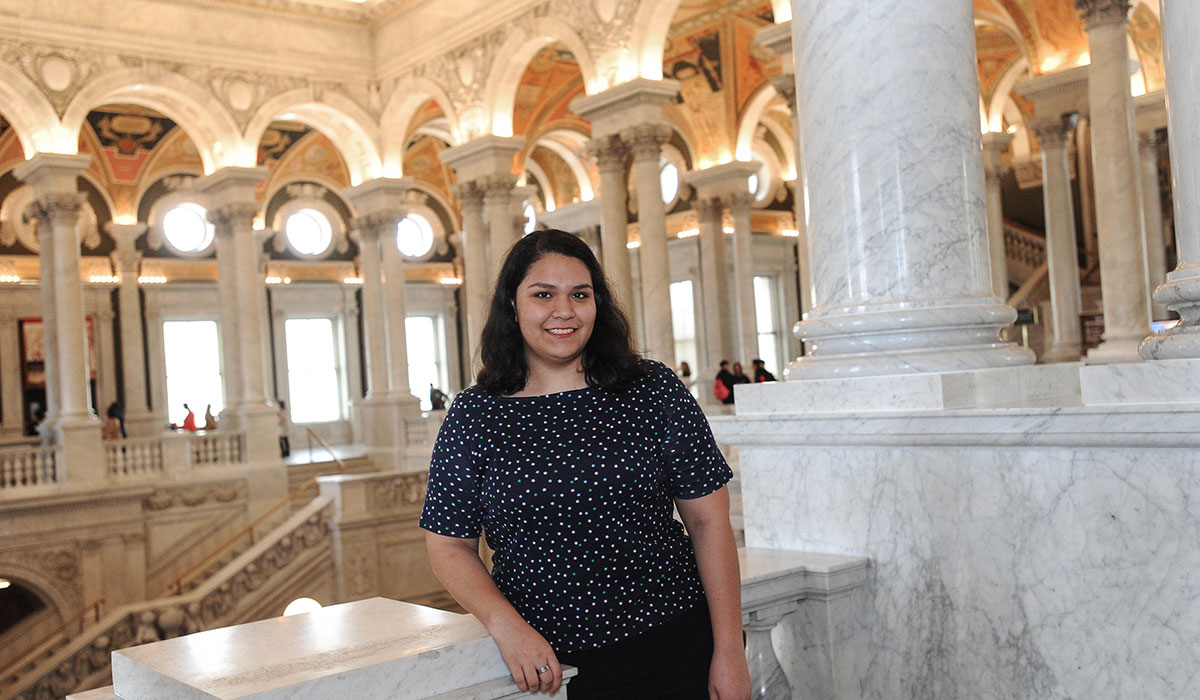
Internships
The School of Theology and Religious Studies facilitates student internships with a variety of area organizations in order to augment our students’ educational experience with experience outside the classroom.
Learn More -
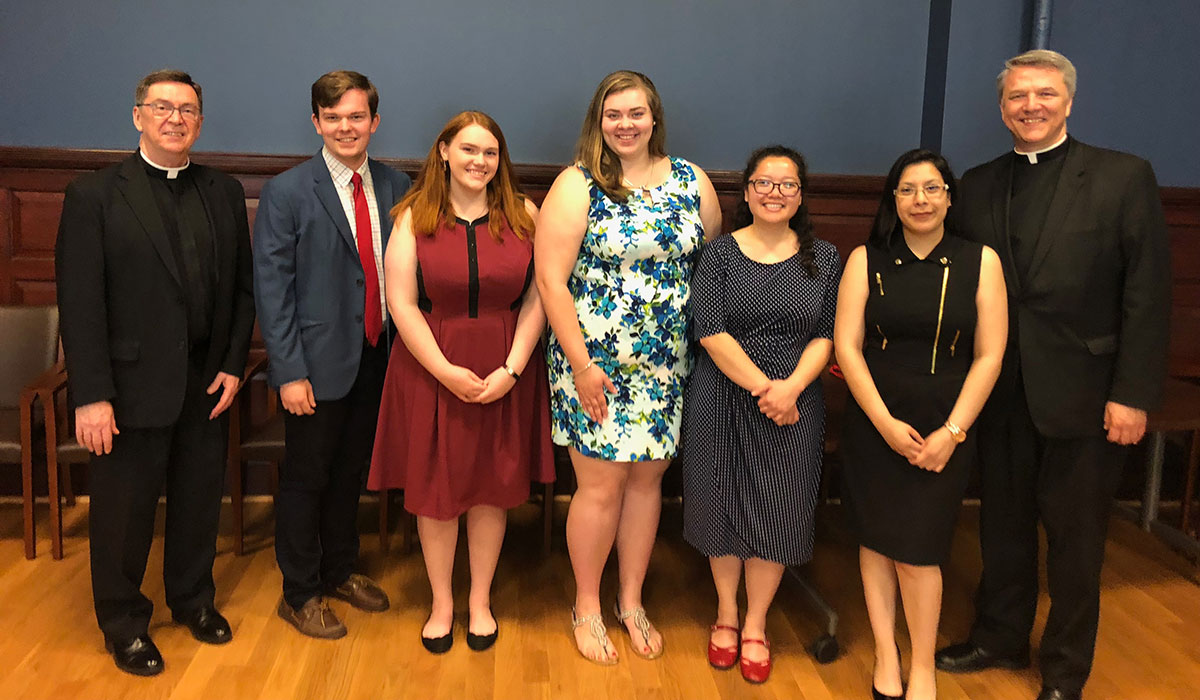
Pastoral Ministry
This certificate program prepares students interested in Church ministry with a professional formation and credential.
Learn More -
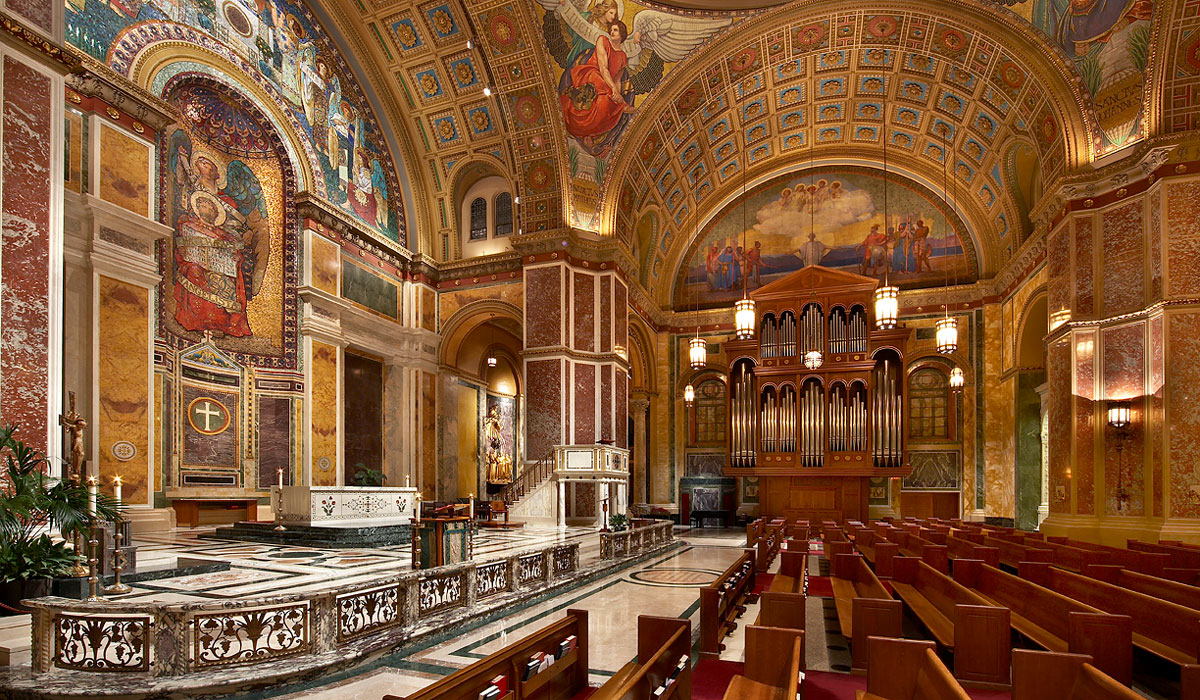
Why Study Theology in D.C.?
Catholic University’s location in Washington, D.C., means that it helps shape issues of the public moment. This is where theological thinking in the United States moves from the classroom to the culture.
Learn More

